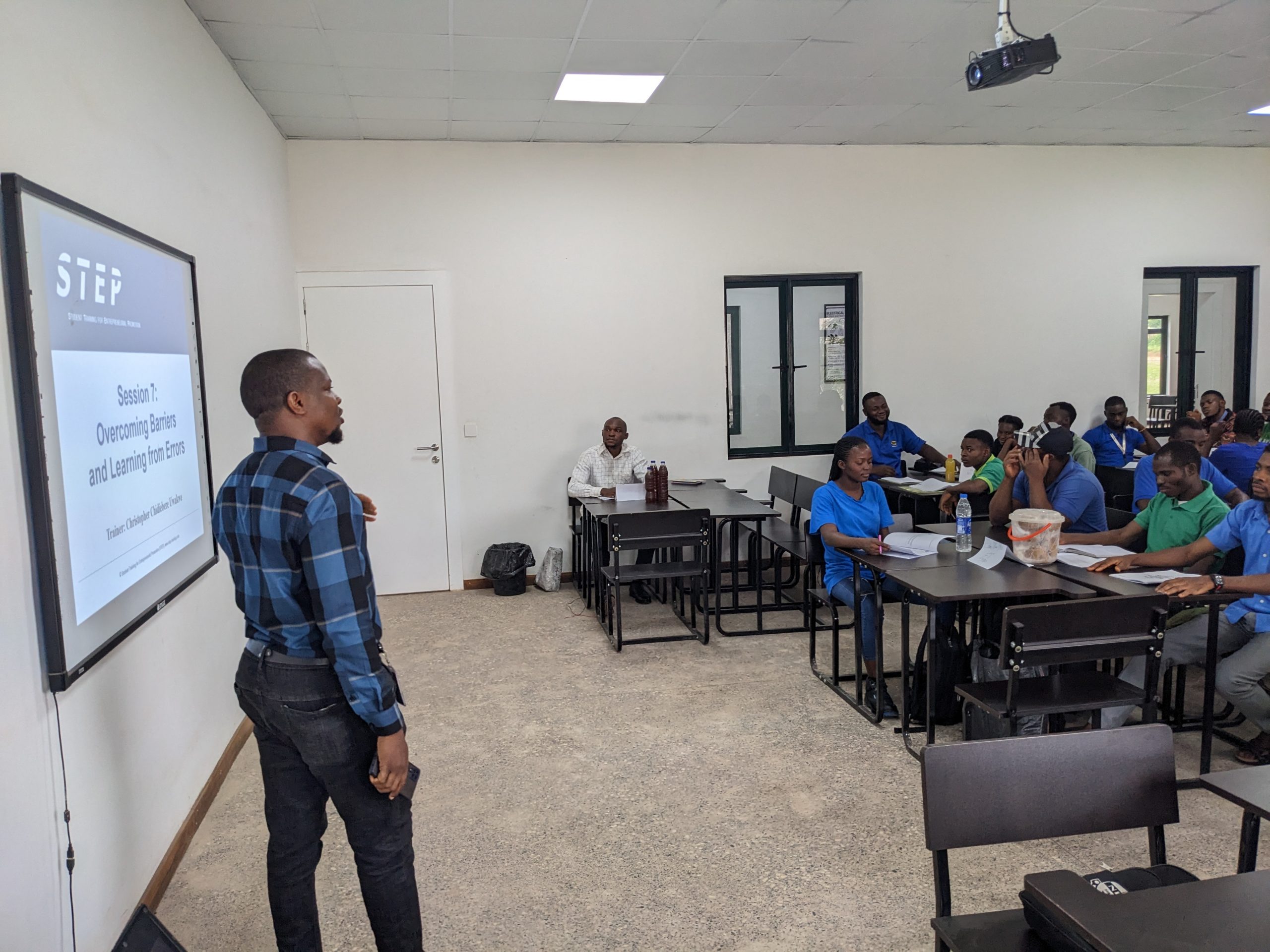
This week on STEP @CoPS. Week of 19/04/2023
The entrepreneur’s journey is not a sprint but a marathon with intermittent pauses that allow the entrepreneur to refuel and refire. Interestingly, this module is designed to provide a conducive opportunity for the STEP trainees to conduct a reality check on the progress of their micro-businesses vis-a-vis their short and long-term goals. This module uses the STEP action principles to train students on the following:
- How and why it is essential to monitor goal achievement in their business
- How to use problem-solving techniques
- How best to deal with barriers, problems and negative emotions
- How to use errors as learning opportunities.
- How to transfer and apply STEP action principles in their job profiles

Learning Outcomes:
As we progressed into the second half of the STEP training, many students experienced decreased motivation because they encountered their first setbacks and problems with business and their team. Session 7 was the panacea that helped them to solve those problems and regain motivation. The students openly shared their errors and negative experiences and encouraged each other with feedback.



- Using the AWS7, the students reviewed their short-term goals, milestones and action plans as developed in session 2. 2 business teams exceeded their expectations, 10 business teams met their expectations and 4 business teams learnt from their errors.
- Using the AWS7, students used problem-solving techniques to plan how to solve problems proactively.
- Using the AWS7, the students noted the risks and problems that might apply to their business and CoPS job profiles. They also wrote down measures on how to deal with the threats.
- In AWS7 pg39, students demonstrated their problem-solving skills using the ABC analysis to avoid negative emotions that could hamper the progress of their businesses and jobs.



Students were on time for the morning and afternoon belts, and no one came late. I was particularly impressed by the enthusiasm and energy displayed during the training by the groups. The students were quite attentive and well-behaved. Worthy of mention here is the Klin Laundry Service which demonstrated strong ethical values by returning the money forgotten by a customer in one of the clothes given to them to wash. This for me is highly commendable, especially with the high rate of unethical practices in the Nigerian business space.

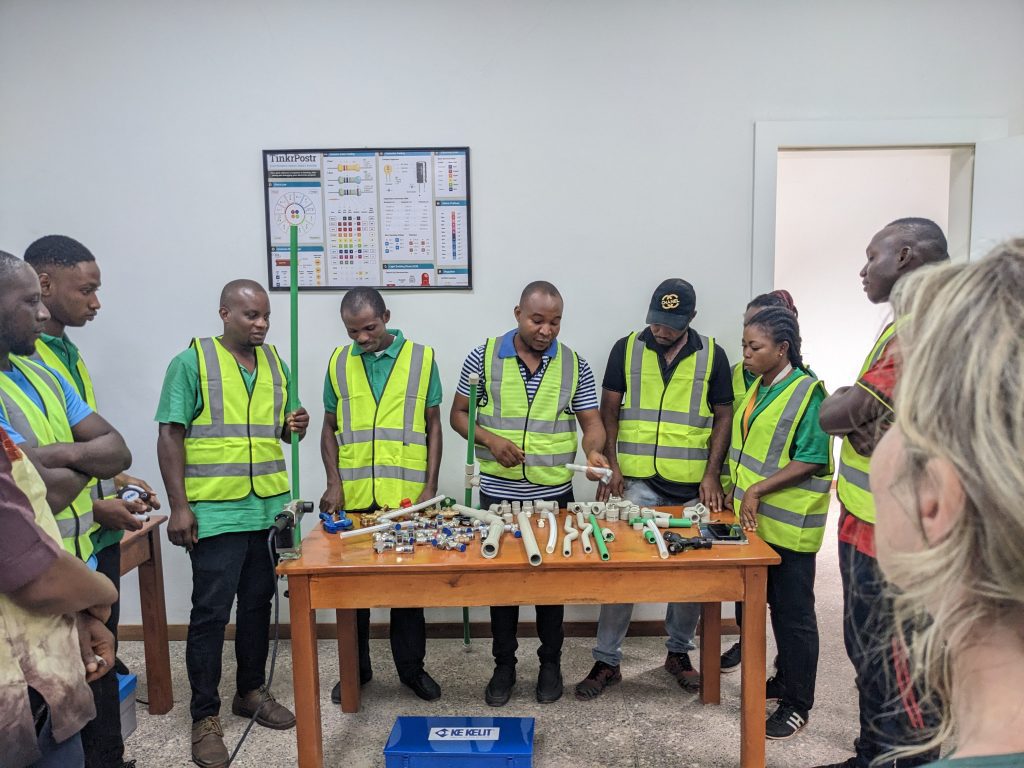
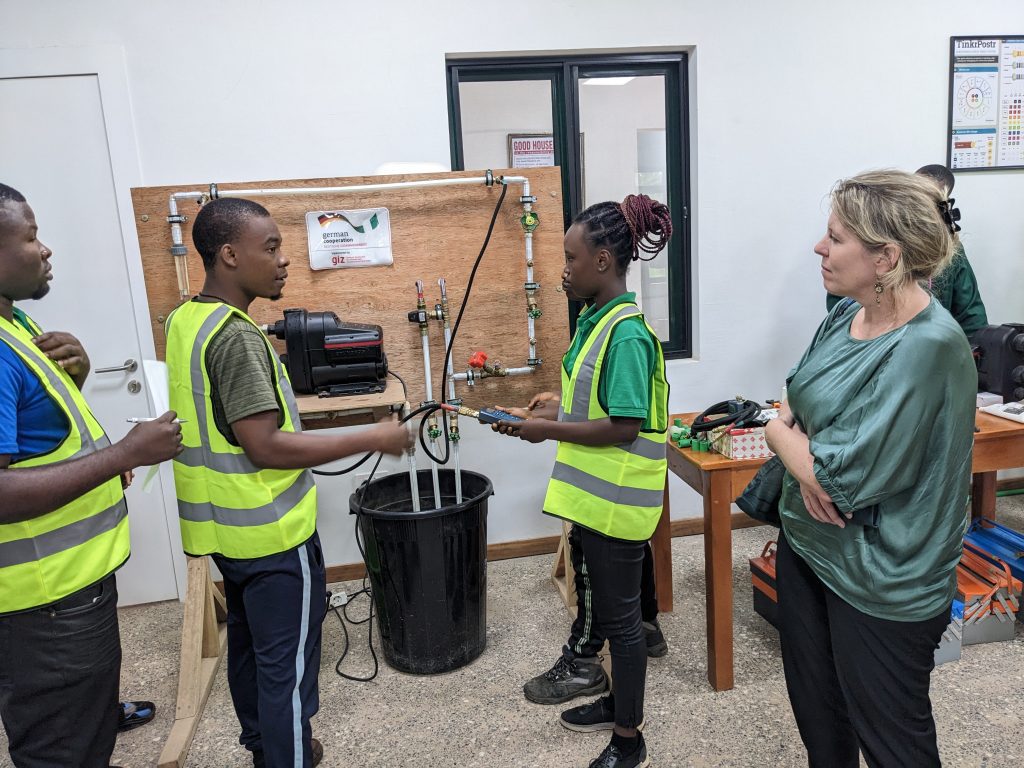
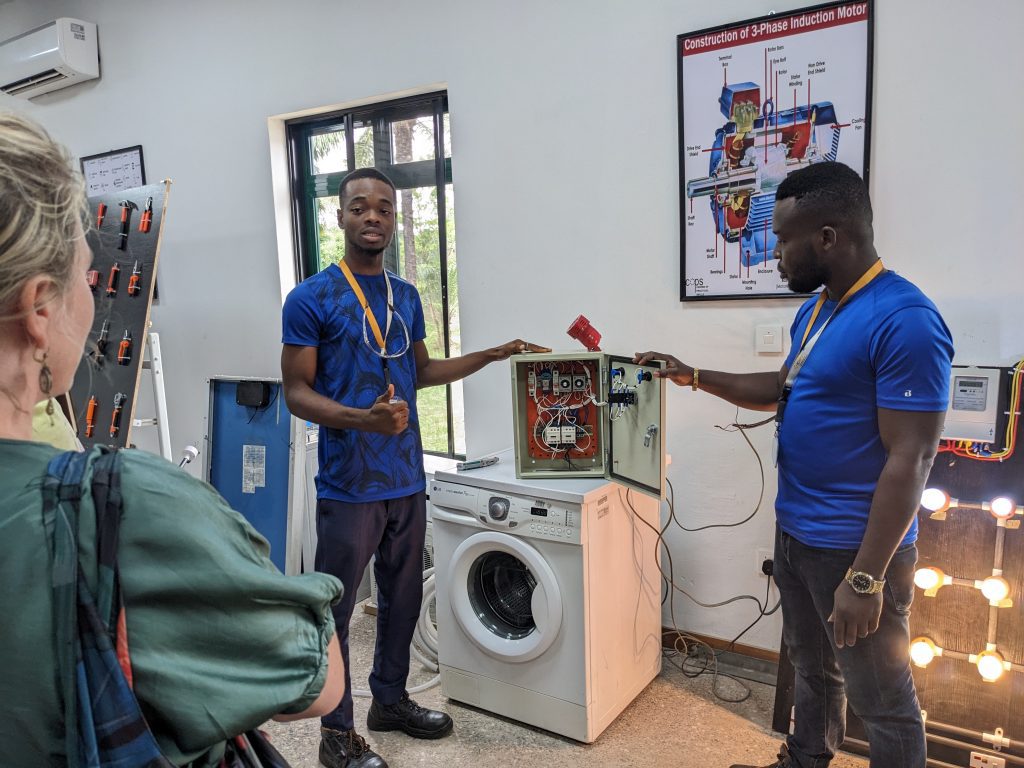
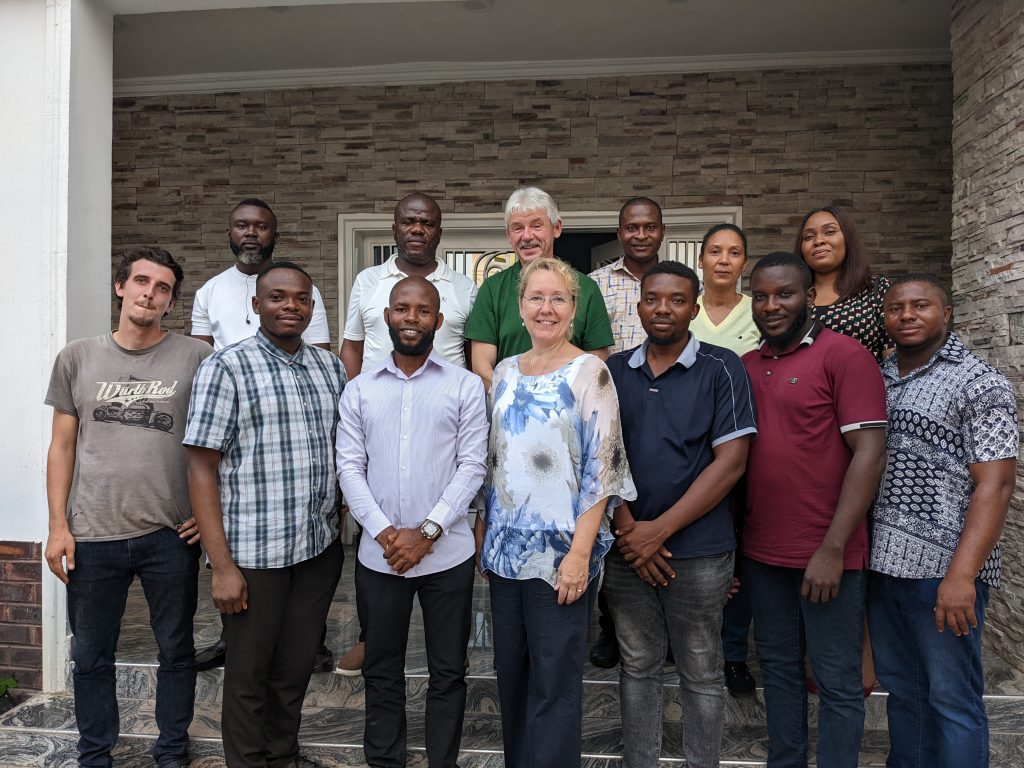
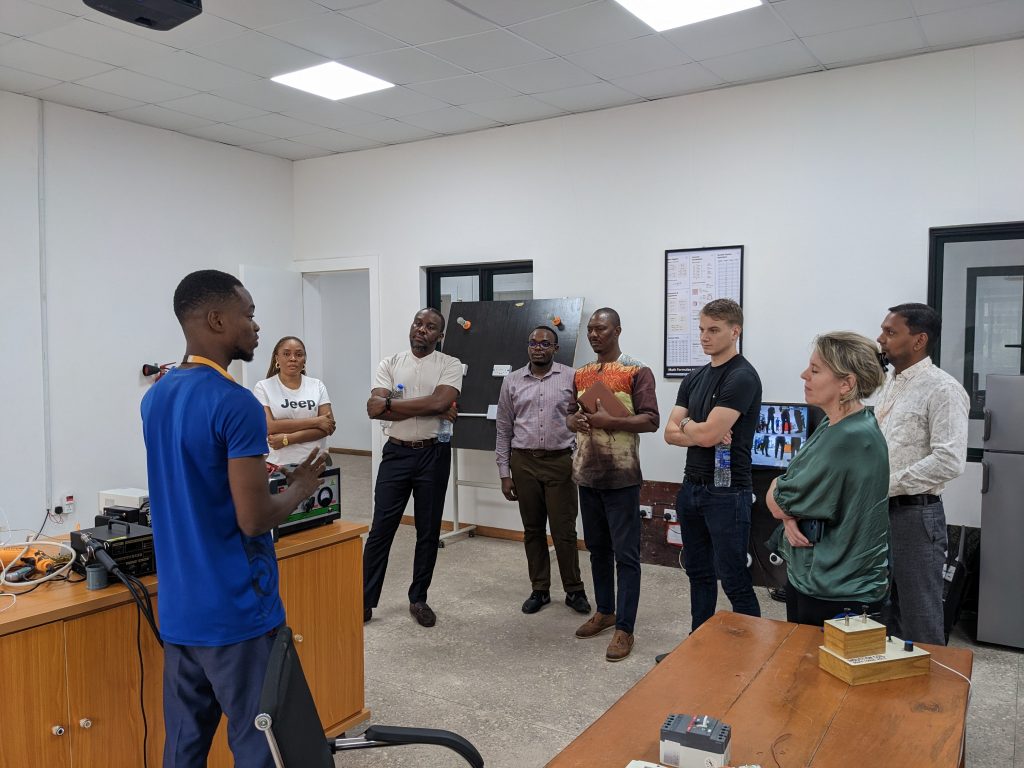
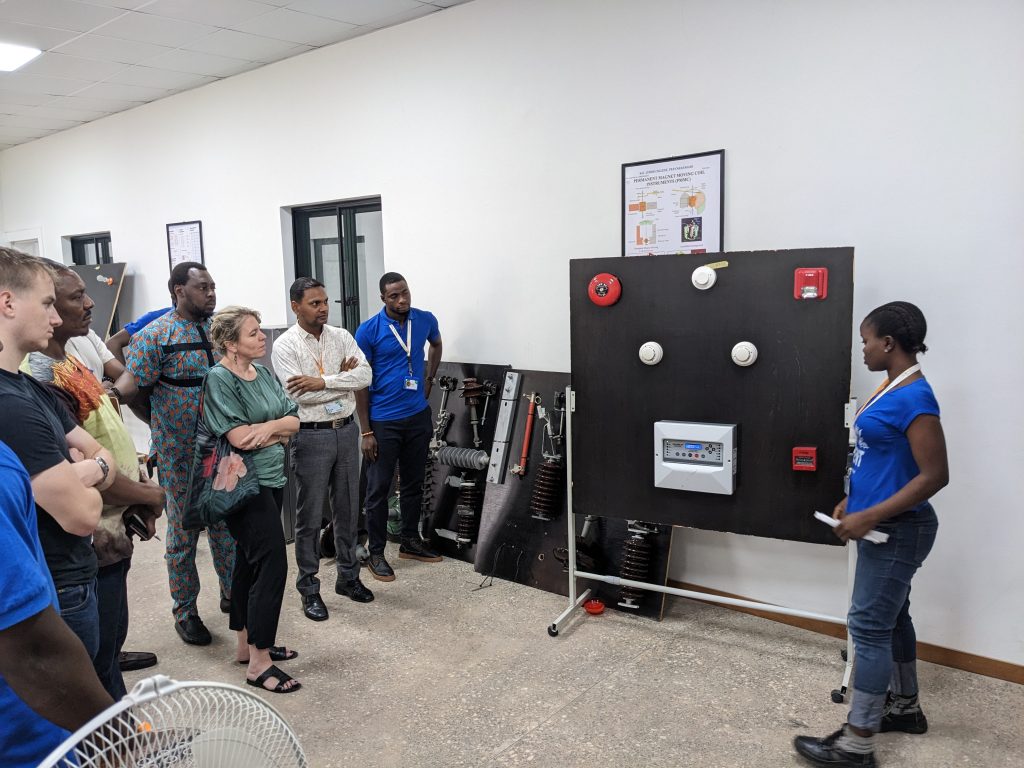
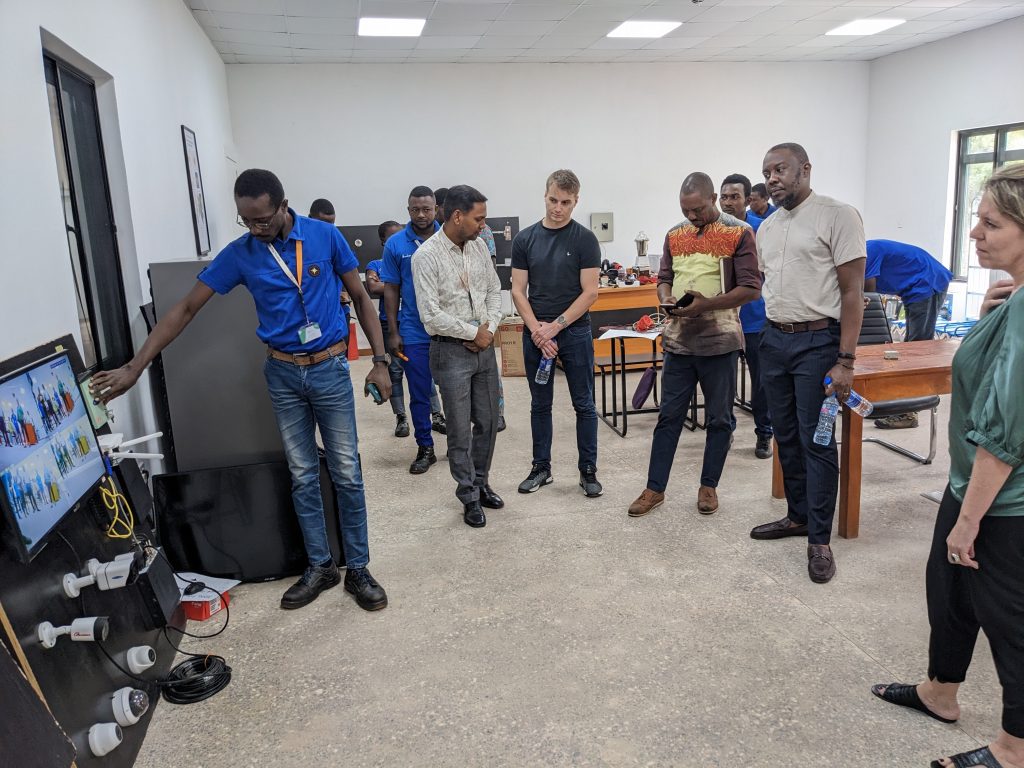
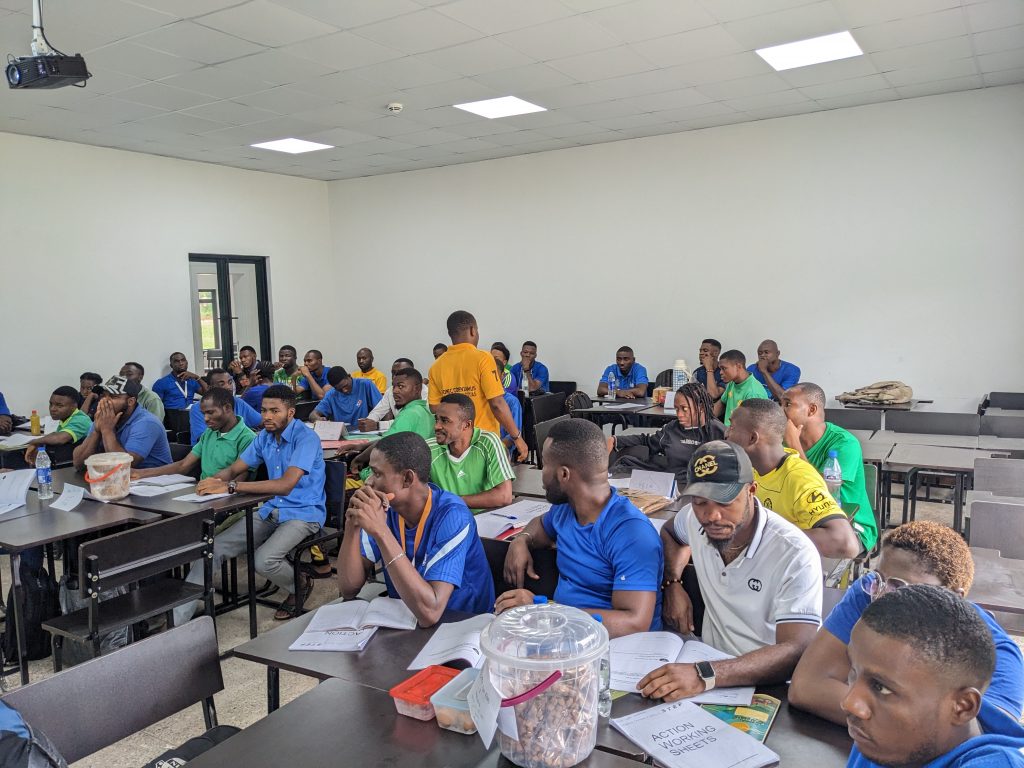
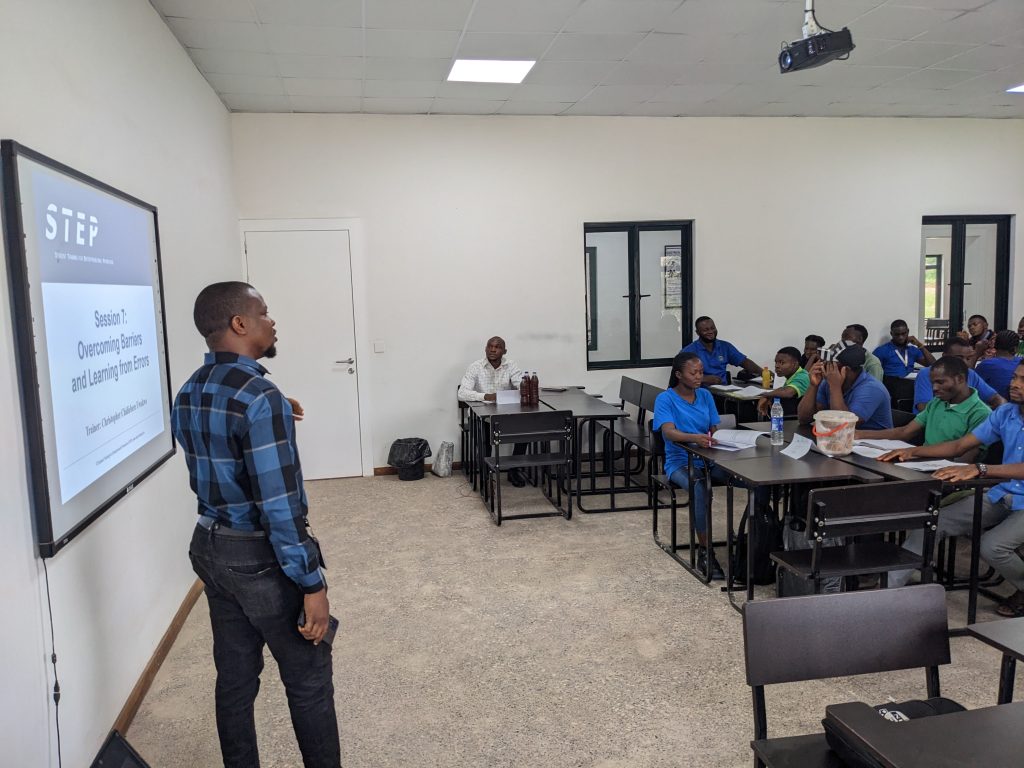
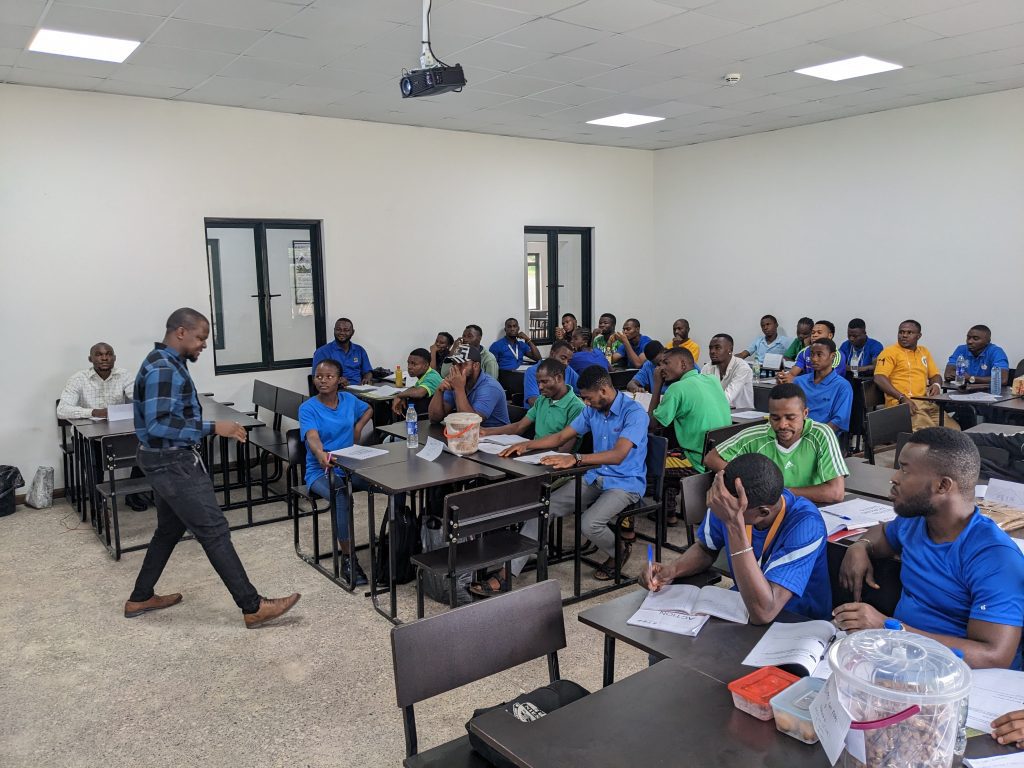
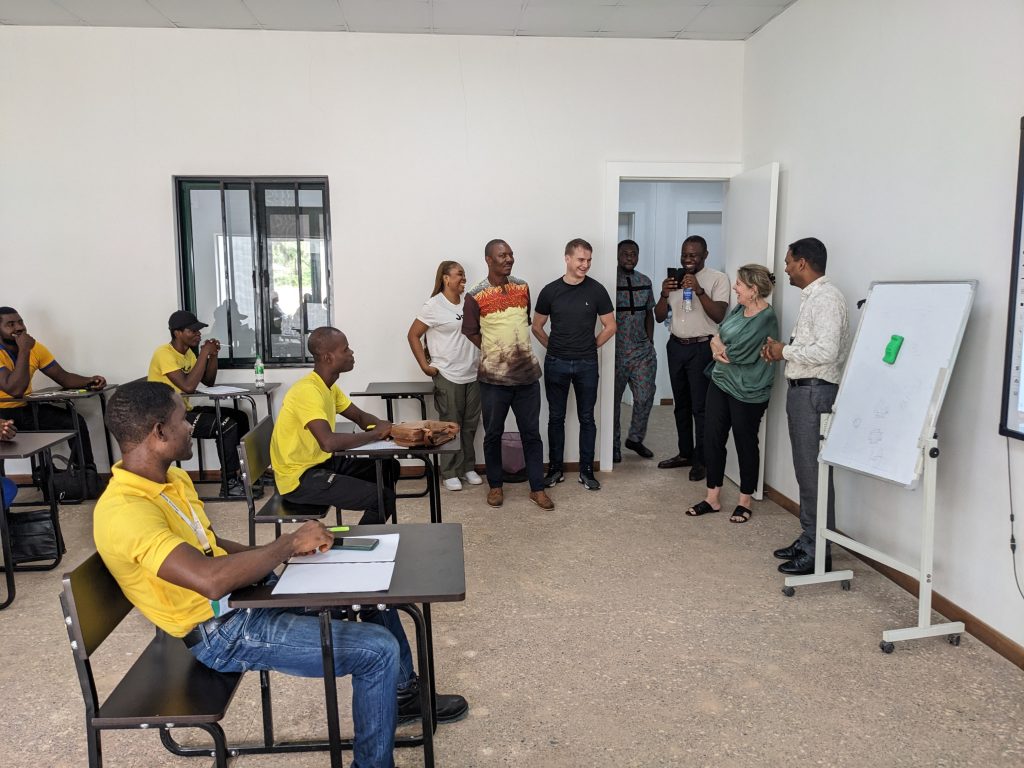
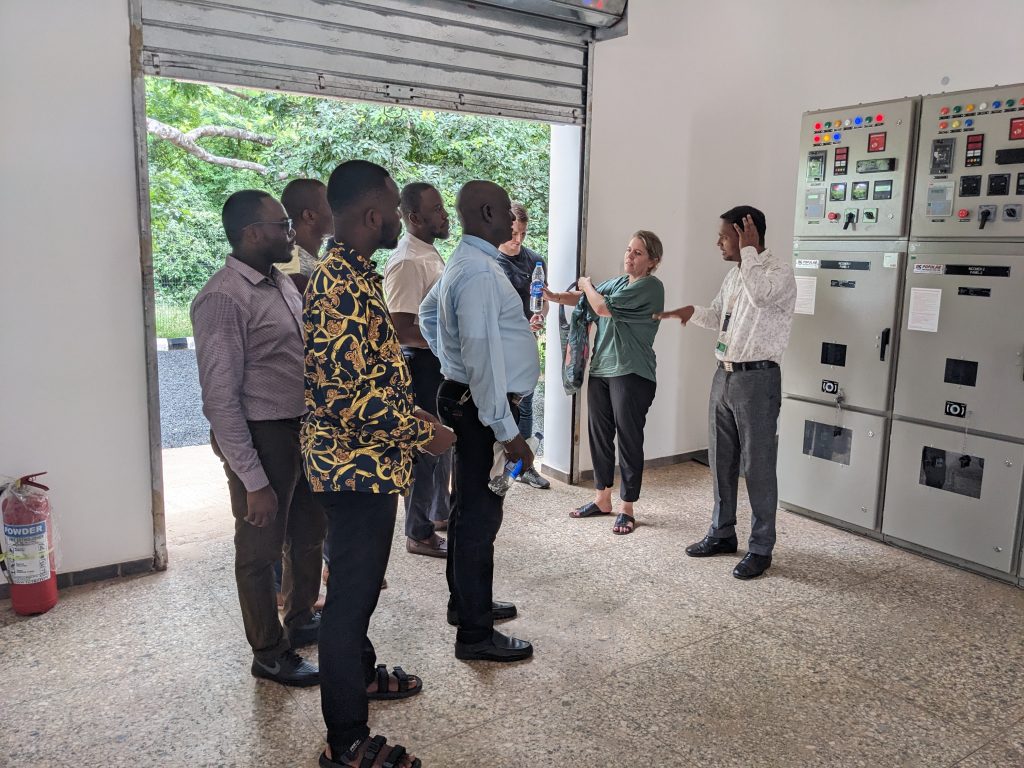


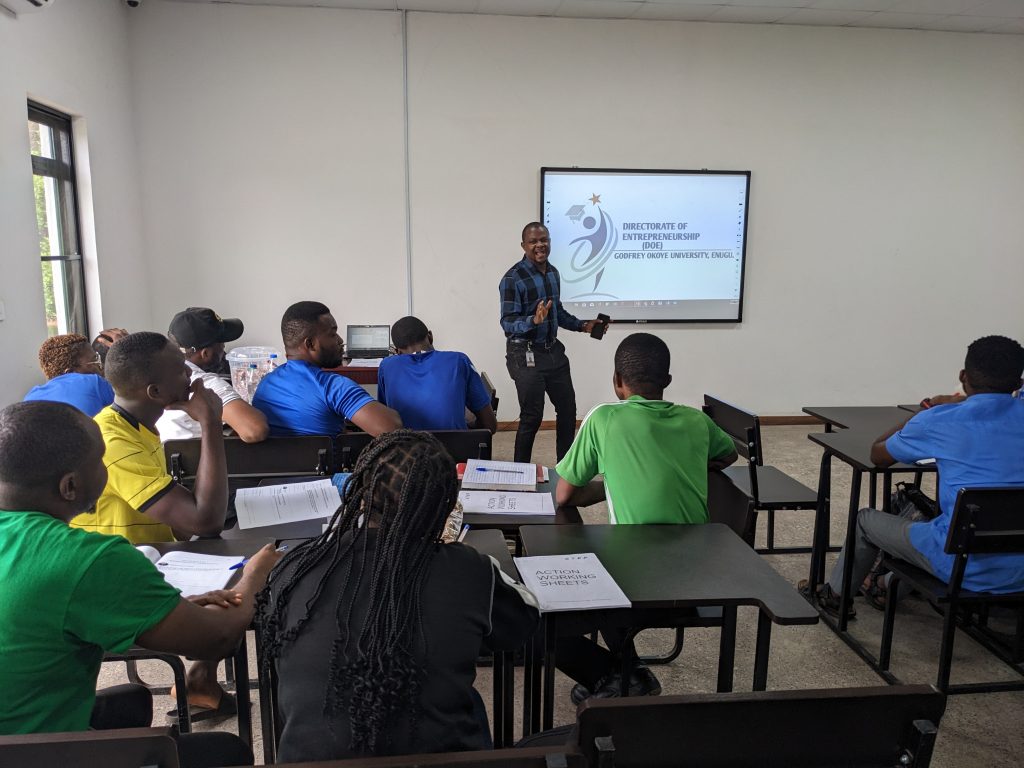
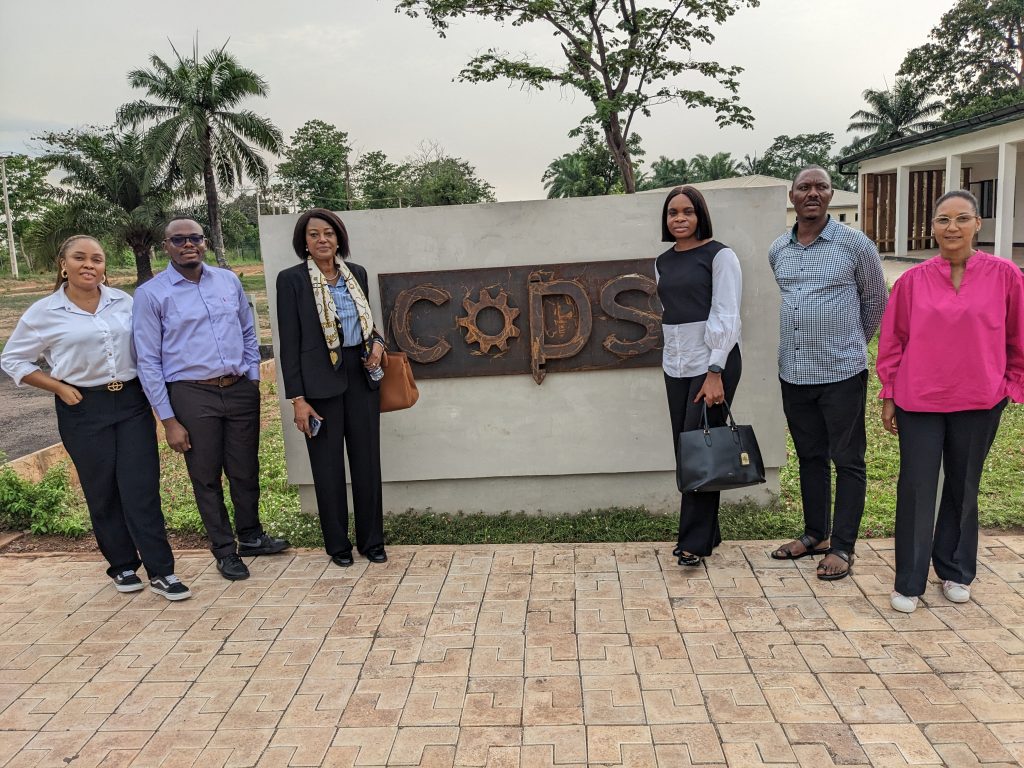
Christopher STEP
April 26, 2023Fantastic!!